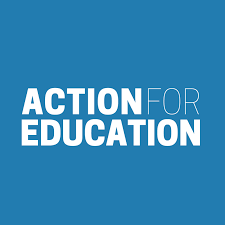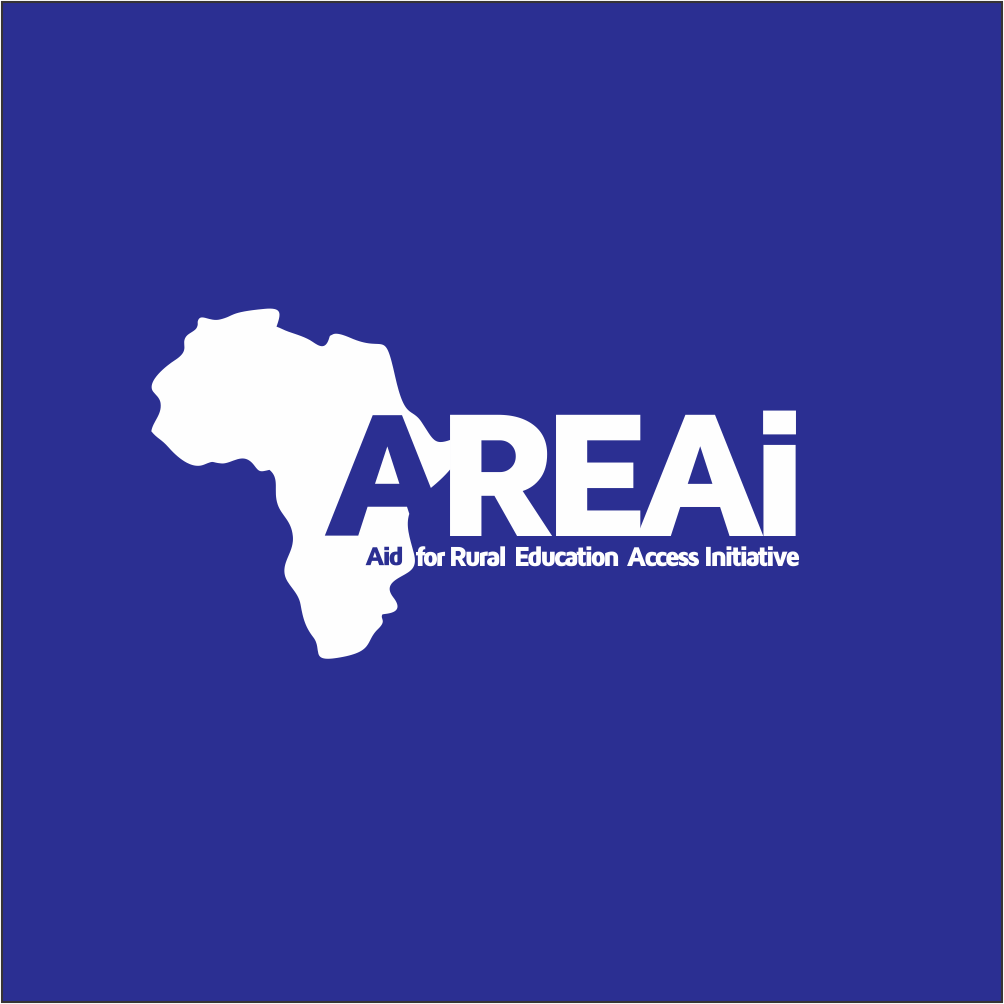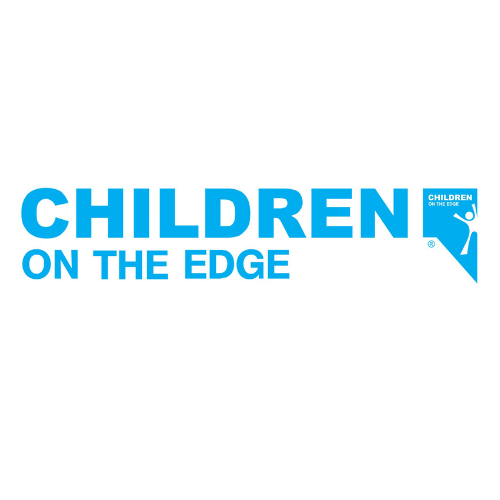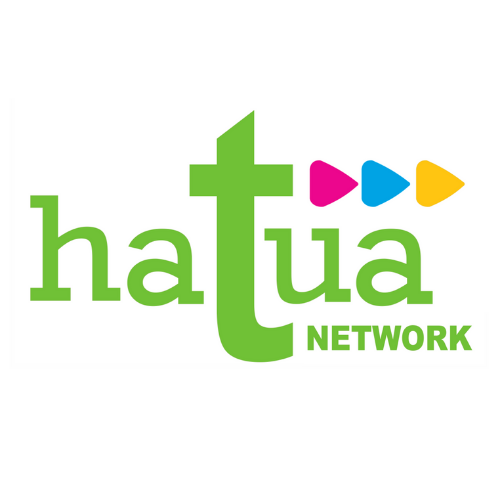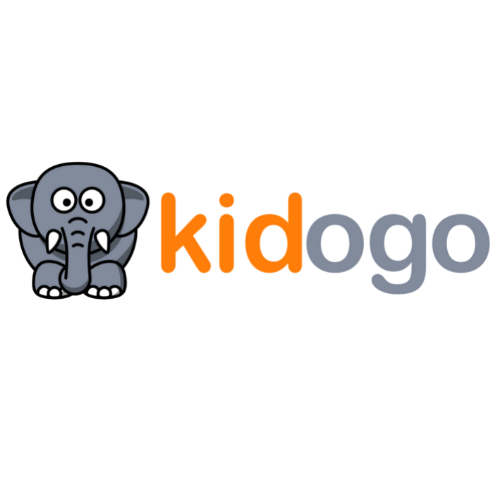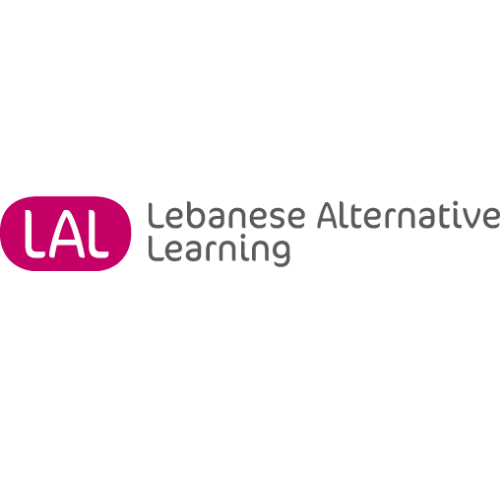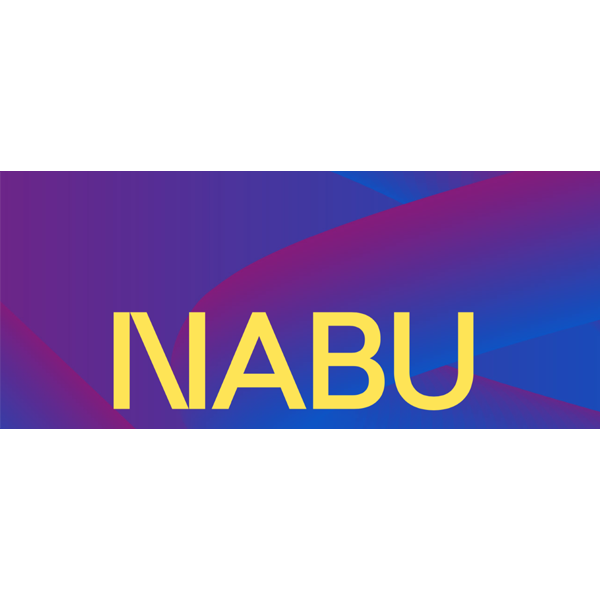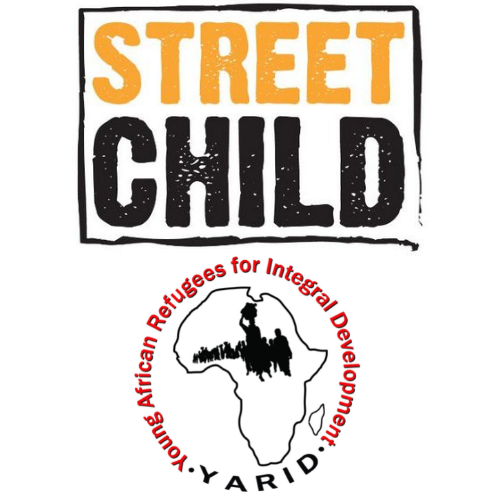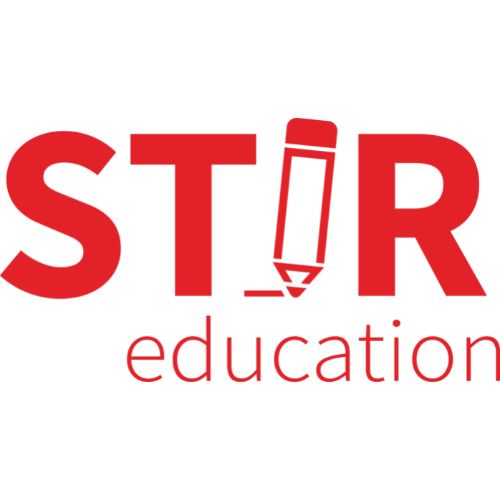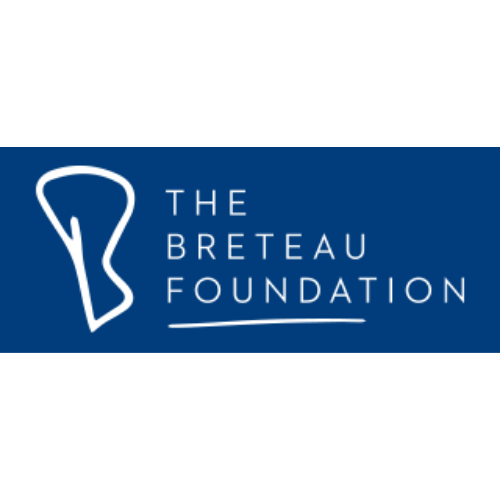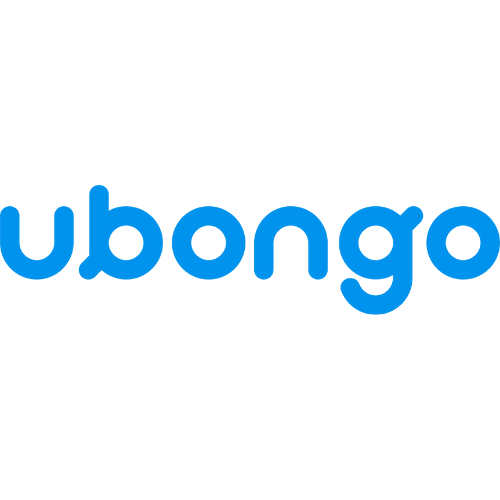Education Innovation Awards: 11 amazing ideas that are helping to tackle the learning crisis
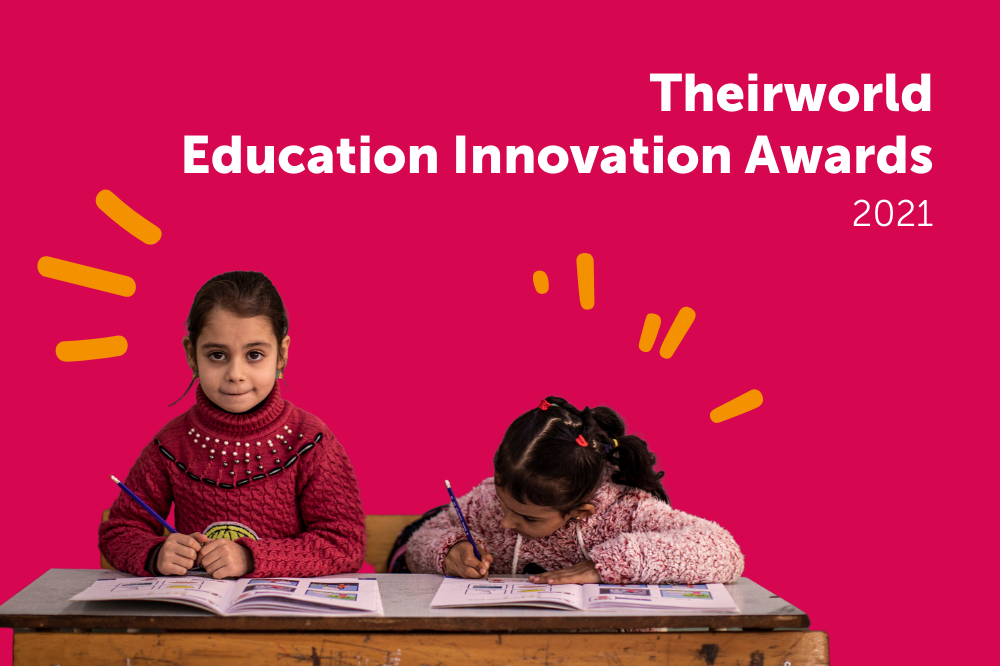
Theirworld announces the finalists for our 2021 awards, with five winners each set to receive £50,000 scale-ready grants, masterclasses and mentoring.
Jump to
- Action for Education (Greece)
- Fast Track, by Aid for Rural Education Access Initiative (Nigeria)
- Children on the Edge UK
- Hatua Network Organization (Kenya)
- Kidogo Innovations Ltd (Kenya)
- Lebanese Alternative Learning (Lebanon)
- NABU Global Inc. (US)
- Ladders to Learning, by Street Child Uganda and YARID (Young African Refugees for Integral Development)
- STiR (Schools and Teachers Innovating for Results) Education (UK)
- Lebanon EdTech Program, by The Breteau Foundation (China)
- Ubongo International (US)
Meet The Innovators – 11 non-profit organisations doing interesting and inspirational work to tackle the global education crisis.
They’re the finalists in Theirworld’s Education Innovation Awards 2021. From them, five winners will be chosen to develop their ideas, build their skills and increase capacity to reach marginalised learners through £50,000 scale-ready grants, masterclasses and one-to-one mentoring.
“We’ve been encouraged by the high standard of entries to the Education Innovation Awards – and delighted to be working with our finalists to refine their scale-up plans,” said Angela Solomon, Innovation Team Lead and Projects Consultant at Theirworld.
“We are really excited to extend the family of Theirworld project partners with these new innovators. We aim to help them increase their impact through our workshops and support.”
Theirworld invited applications from non-profits, NGOs and charities actively working towards – or planning to scale up to – reaching marginalised learners in seven countries where we currently have projects running: Greece, Kenya, Lebanon, Nigeria, Tanzania, Turkey and Uganda.
The entries had to focus on an area that comes under Theirworld’s three main pillars:
- Best start in life – including quality and inclusive early childhood development, with a particular focus on pre-primary education
- A safe place to learn – looking out for vulnerable children and youth, especially children in emergencies and conflict
- Skills for the future – ensuring all young people are ready to participate in society and work
Here is a rundown of the finalists, in alphabetical order.
Action for Education (Greece)
Trauma-informed education spaces for refugees in Greece, that offer self-exploratory learning experiences for young children aged two to seven, led by members of the refugee community.
Action for Education says: “As Theirworld’s own 2020 report demonstrated, there are thousands of refugee children in Greece who have no access to education at a critical age in their development. Furthermore, parents are left without a much-needed support community. Our innovation is a model for high-quality early years spaces led by members of the refugee community that offer preschool education for refugees and refugee parenting support.”
Fast Track, by Aid for Rural Education Access Initiative (Nigeria)
An accelerated skills development programme for out-of-school refugee children in Nigeria – including an offline “talking” book and pen – to help children develop basic reading and mathematics skills in English and Hausa.
Aid for Rural Education Access Initiative says: “Backed by rigorous evidence, FastTrack combines two proven teaching and learning approaches. Implemented in refugee camps across three states since 2019, over 1,500 children have mastered basic reading skills, word identification and sentence construction in English and Hausa languages and acquired basic number competencies.”
Children on the Edge UK
Community-owned, sustainable early childhood development for Congolese refugees in Uganda. Offering refugees school management and teacher training, supplying loans and business training to teachers, and creating safe spaces in the Kyaka II settlement.
Children on the Edge UK says: “Equipping refugee communities with high-quality school management and teacher training, supplying loans and business training to teachers to avoid unsustainable salaries – all so communities have the ownership, skills and motivation to maintain the programme long beyond our withdrawal. Using a mixture of community settings and school buildings to create safe spaces in the sprawling Kyaka II settlement.”
Hatua Network Organization (Kenya)
Improving the career outcomes of marginalised youth in Kenya, through mentoring focused on career-critical soft skills. Delivered via eight new e-learning modules and connecting alumni to internships and jobs with local SMEs (small and medium-sized enterprises).
Hauta Network Organization says: “We have E-learning modules our students can engage in remotely and on their own schedules as they pursue their university education. We fight against generational poverty by referring our students and alumni for internships and jobs with our partners, thereby making it easy for them to recruit marginalised youth.”
Kidogo Innovations Ltd (Kenya)
A social enterprise that improves access to quality, affordable early childhood care and education in East Africa’s low-income communities.
Kidogo Innovations Ltd says: “We use a social franchising model to partner with women to help them start or improve their own childcare micro-businesses. This allows children to get the best start to life during their crucial first 1,000 days, enables mothers to work with peace of mind, frees adolescent girls from looking after younger siblings to return to school and female entrepreneurs to earn a dignified livelihood.”
Lebanese Alternative Learning (Lebanon)
Supporting teachers to use messenger applications to provide high-quality remote learning in underserved communities, including via a Telegram bot.
Lebanese Alternative Learning says it is “creating a dedicated platform to support teachers providing tools, resources and guidance to teach through messengers. And empowering the teachers to be a core part of the solution by creating communities of teachers working with pedagogical and subject matter experts to develop teaching strategies and content.”
NABU Global Inc. (US)
Inclusive and equitable access to literacy, through publishing high-quality reading material in mother tongue languages, including via a free low-bandwidth reading app.
NABU Global Inc. says: “40% of children globally do not have access to books in a language they speak or understand. Through our app, we are providing inclusive and equitable access to literacy, ensuring every child can read and rise to their full potential.”
Ladders to Learning, by Street Child Uganda and YARID (Young African Refugees for Integral Development)
A six-month innovative initiative to help refugee children from the Democratic Republic of Congo develop English language skills so they can integrate into formal education in Uganda.
Street Child Uganda says: “Many children cannot currently integrate into state education, given the fact that they are transitioning from a French to an English curriculum. This programme helps children to develop the literacy skills to make this transition into formal education.”
STiR (Schools and Teachers Innovating for Results) Education (UK)
Supporting education systems to reignite intrinsic motivation in every teacher and official, so that they can be role models for the foundations of lifelong learning for every child.
STiR Education says: “We believe in a world where every child develops a love of lifelong learning. We need to develop a love of learning at all levels of the system. This includes school leaders, and the state and district officials who support them.”
Lebanon EdTech Program, by The Breteau Foundation (China)
Digital education for disadvantaged host and refugee children, via distribution of computer tablets preloaded with numeracy, literacy, critical thinking and cross-curricular apps aligned to the National Curriculum, alongside teacher training and strategic support to school leaders.
Lebanon EdTech Program says: “Where children cannot access learning settings, we provide our programme through the BF Mobile Education Bus and Mini-Tented School. Our sustainable model builds capability and confidence so that schools are autonomous in two years.”
Ubongo International (US)
A Pan-African social enterprise that leverages the power of entertainment, the reach of mass media and the insights of child-centred design, to bring effective, localised learning to African families at low cost and massive scale.
Ubongo says: “At scale, we will empower all kids in Africa with the skills, mindsets and collective agency to demand and create a more equitable world.”
